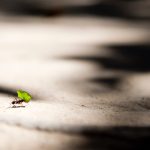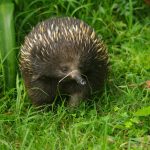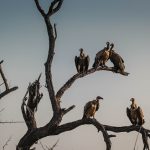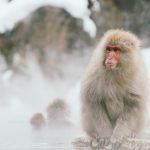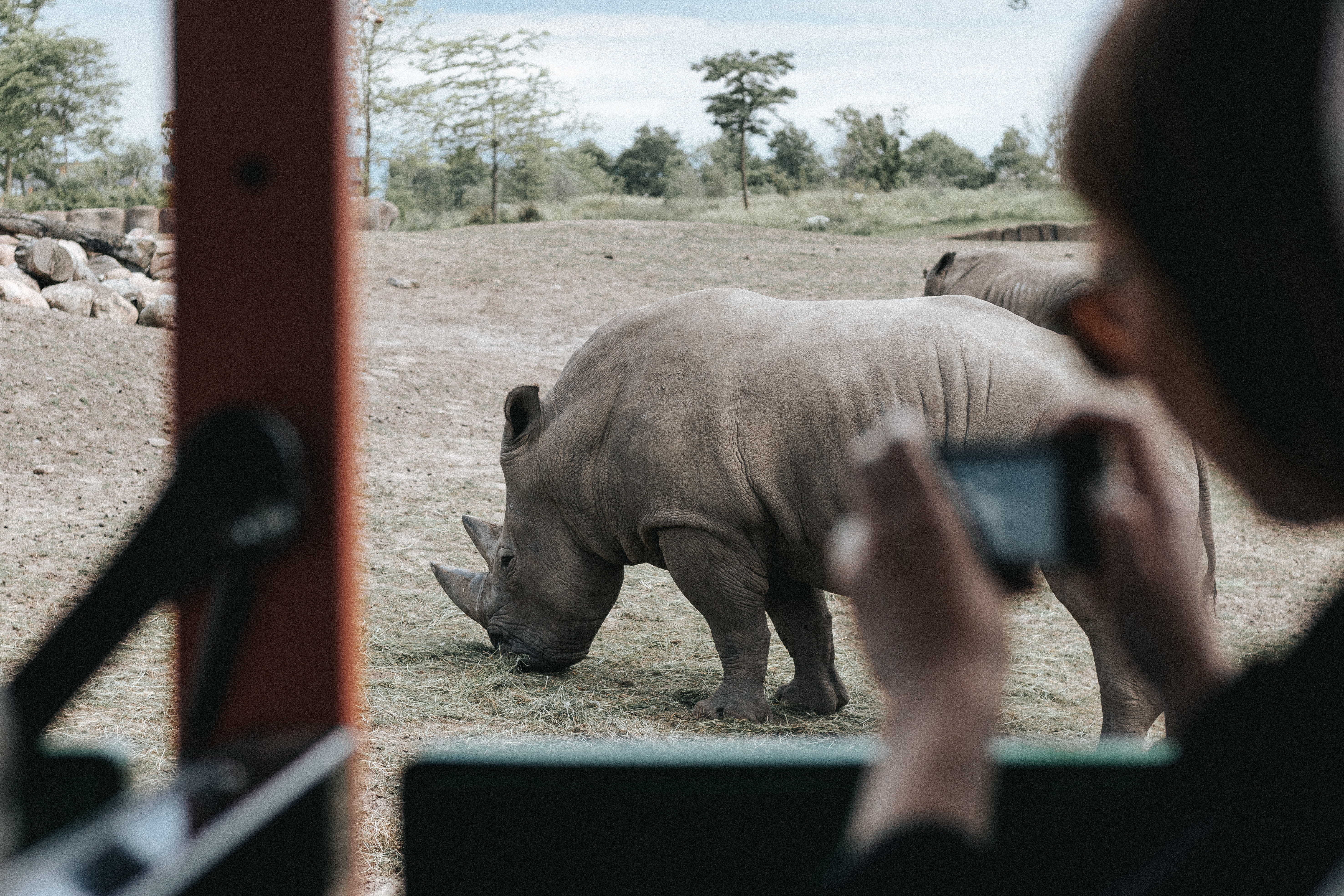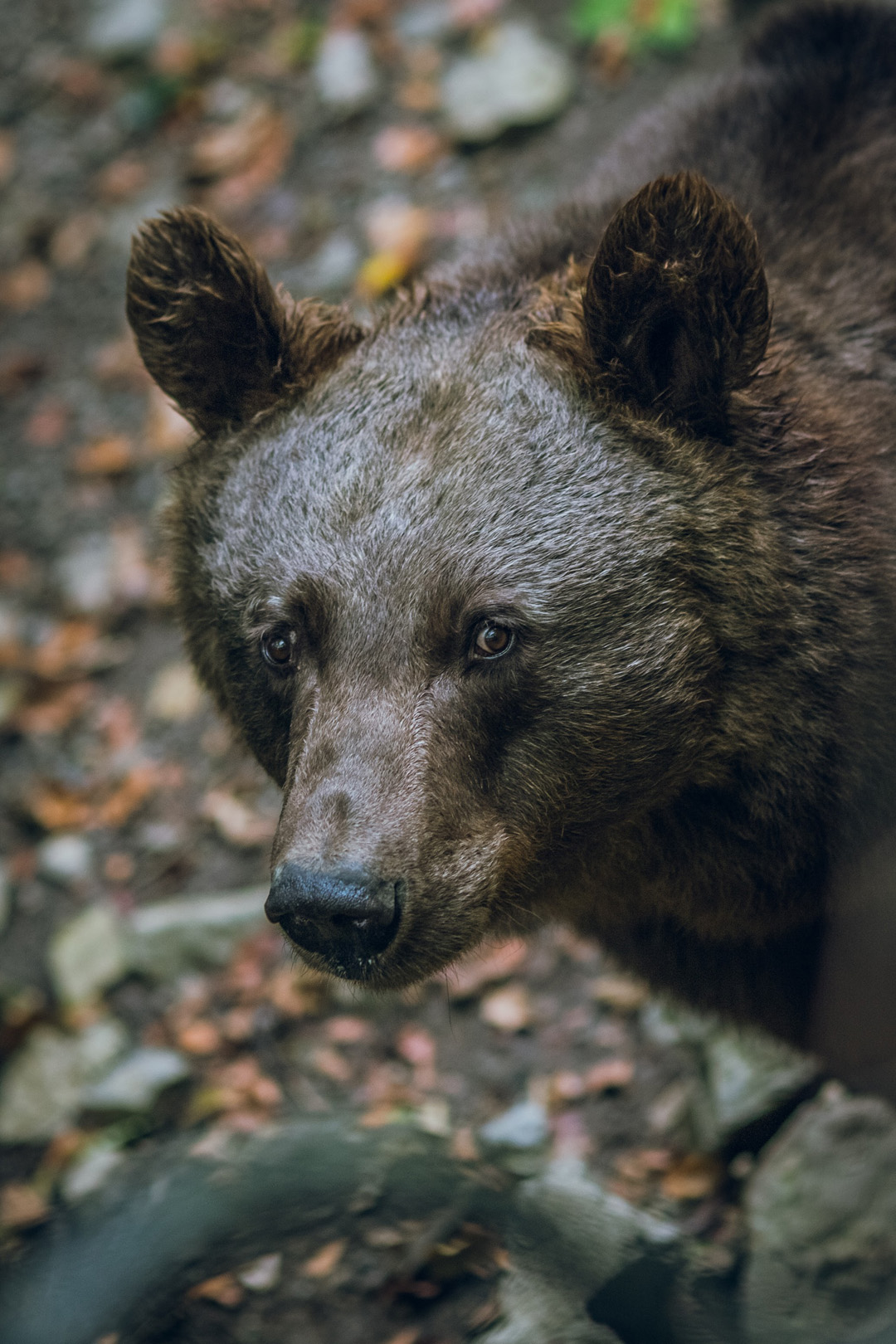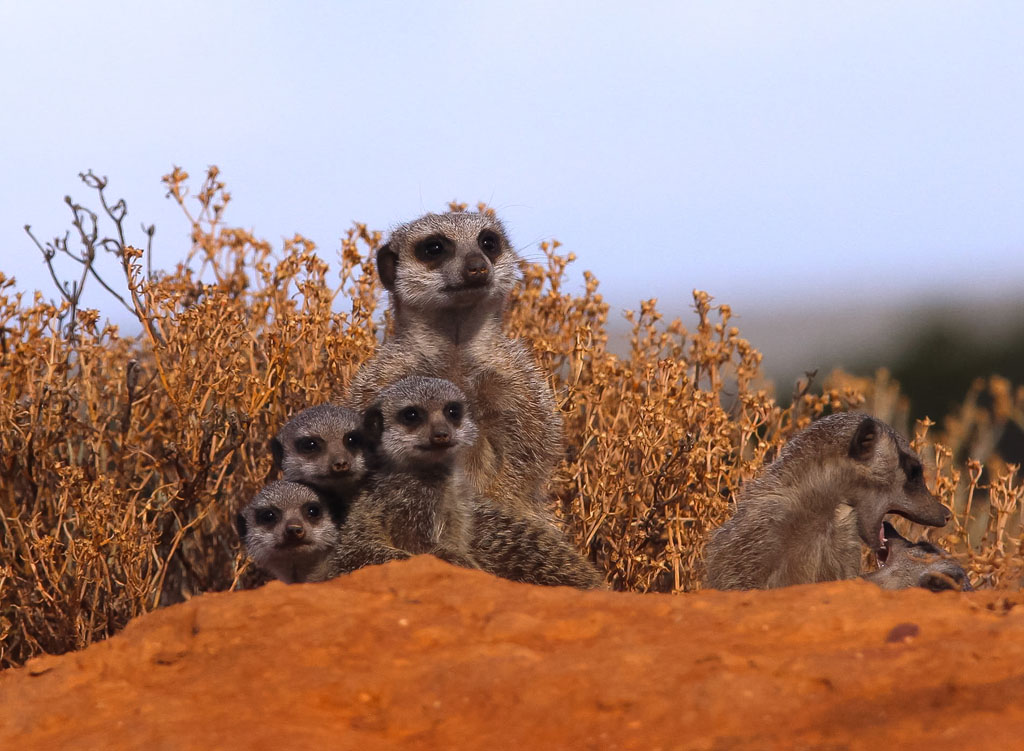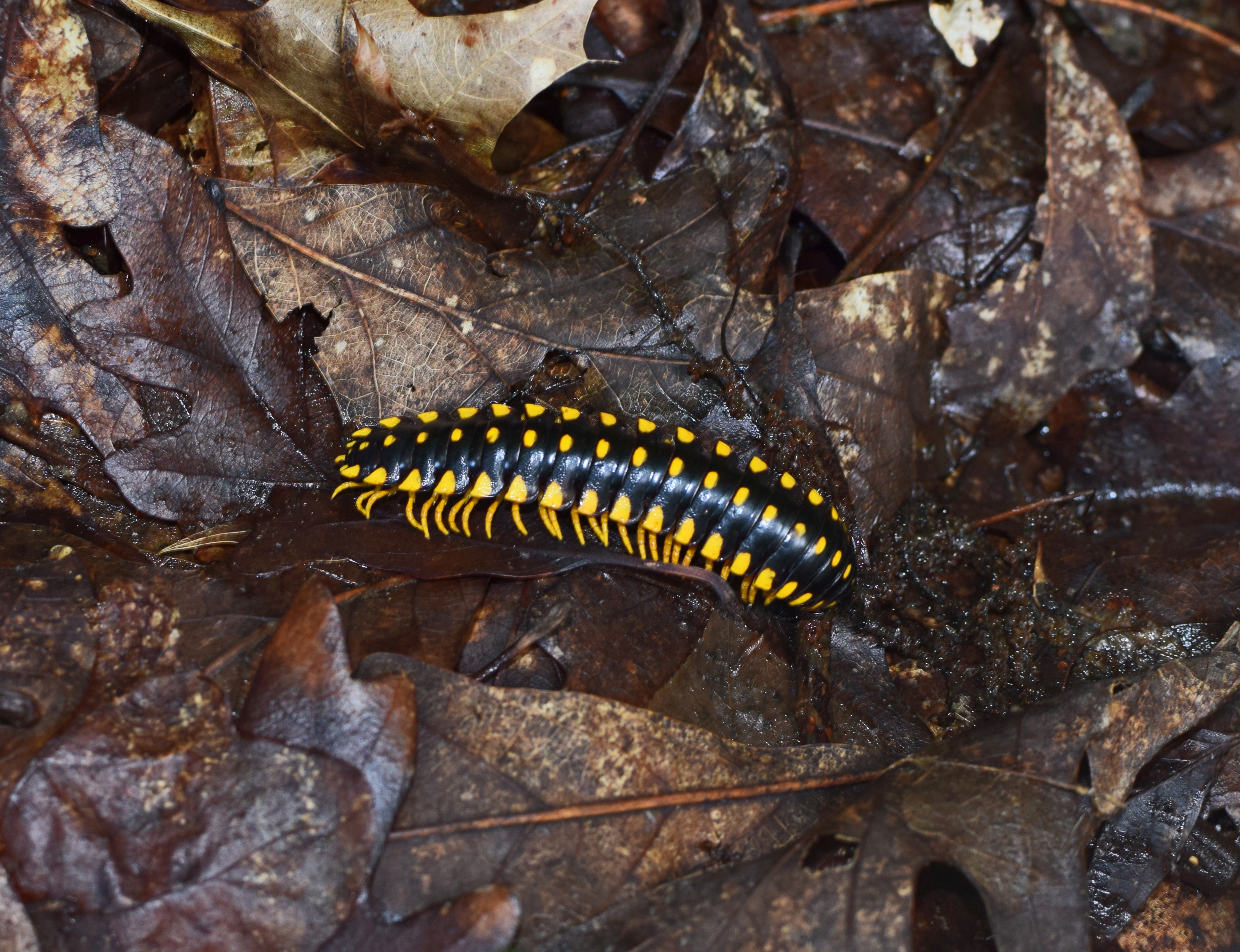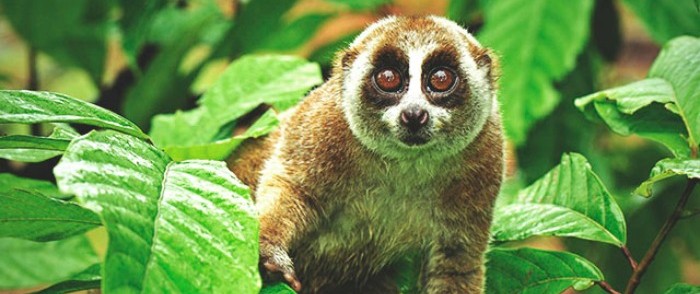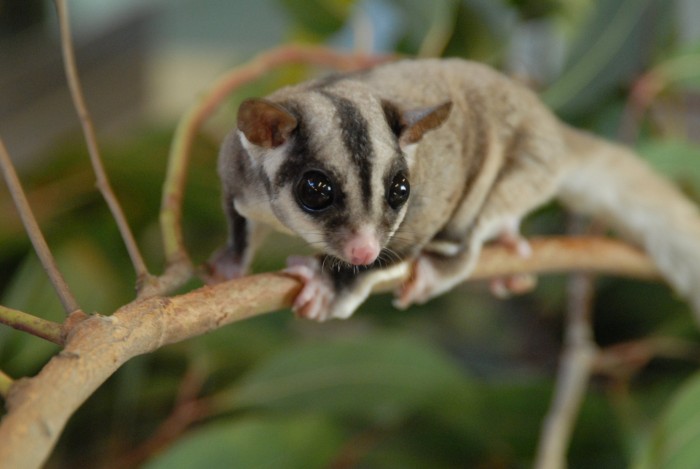Animals catch and eat their food in many odd ways. Some of the ways animals eat even seem human and others are downright gross. Let’s explore five animals and some weird food facts:
- Leafcutter Ants
The first insects known to cultivate their own food just like farmers, leafcutter ants have jaws that are much like scissors. The leafcutter ant cuts leaves from trees and carry them back to feed the colony. The leaves are piled into a heap and saliva or feces are added. This creates an environment to grow fungus, which is what the ant larvae really eat. While the baby ants are eating the fungus, the adults eat the sap that the leaves produce.
- Giant Anteaters
When we think of anteaters, we think of a long nose that acts like a vacuum cleaner, sucking up ants right out of the ground. In real life, giant anteaters have to use their claws to open an ant colony or even a tree to get to their meal. The anteater must then act fast to get all the ants before they run away or sting the anteater. Instead of a long nose, anteaters have large jaws and a long tongue, which are useful to collect the ants. An anteater’s saliva is very sticky, which helps them gather the ants on their long tongues. While they don’t have teeth, anteaters do have hard growths on the inside of their mouths that crush the ants before swallowing. During one feeding, an average anteater can eat a few thousand insects per minute.
- Mucous Mesh Grazers
Just like sheep or cattle grazing on pastures, the ocean has creatures that graze for their food. Some of these invertebrates use sheets of mucus to gather and consume particles in the water. These ocean creatures create huge nets out of thin sheets of mucous, which act like filters. These mucous filters trap tiny food particles. The mucous grazers are 10,000 times bigger than their food, which would be like you and I picking salt or sugar crystals off our plate for a meal. Almost like a spider with a web, mucous mesh grazers can build their food traps around their bodies and live inside or outside the mucous bubble.
- Egyptian Vulture
This is a bird that would eat anything – and does, even feces. The Egyptian Vulture has no sense of smell and relies on its sight only to be able to find food sources. The Egyptian Vulture is one of the few animals to use tools in order to eat. For example, the Egyptian Vulture loves ostrich eggs. There is just one problem; they are too big for him to pick up. So the vulture takes rocks and tosses them at the egg until the shell breaks. Then the vulture swoops in and feasts on the raw, liquid egg center.
- Japanese Macaque
Last but not least on our list is the gourmet of the monkey world; the Japanese Macaque. This species is also known as the snow monkey and is native to Japan. It has a widely varied diet that includes insects, fruits and vegetables. What makes the Japanese Macaque’s eating habits interesting is the way they wash their food before they eat it. Researchers theorize that the ocean water the monkeys use to clean the food also seasons it because of the salt.

